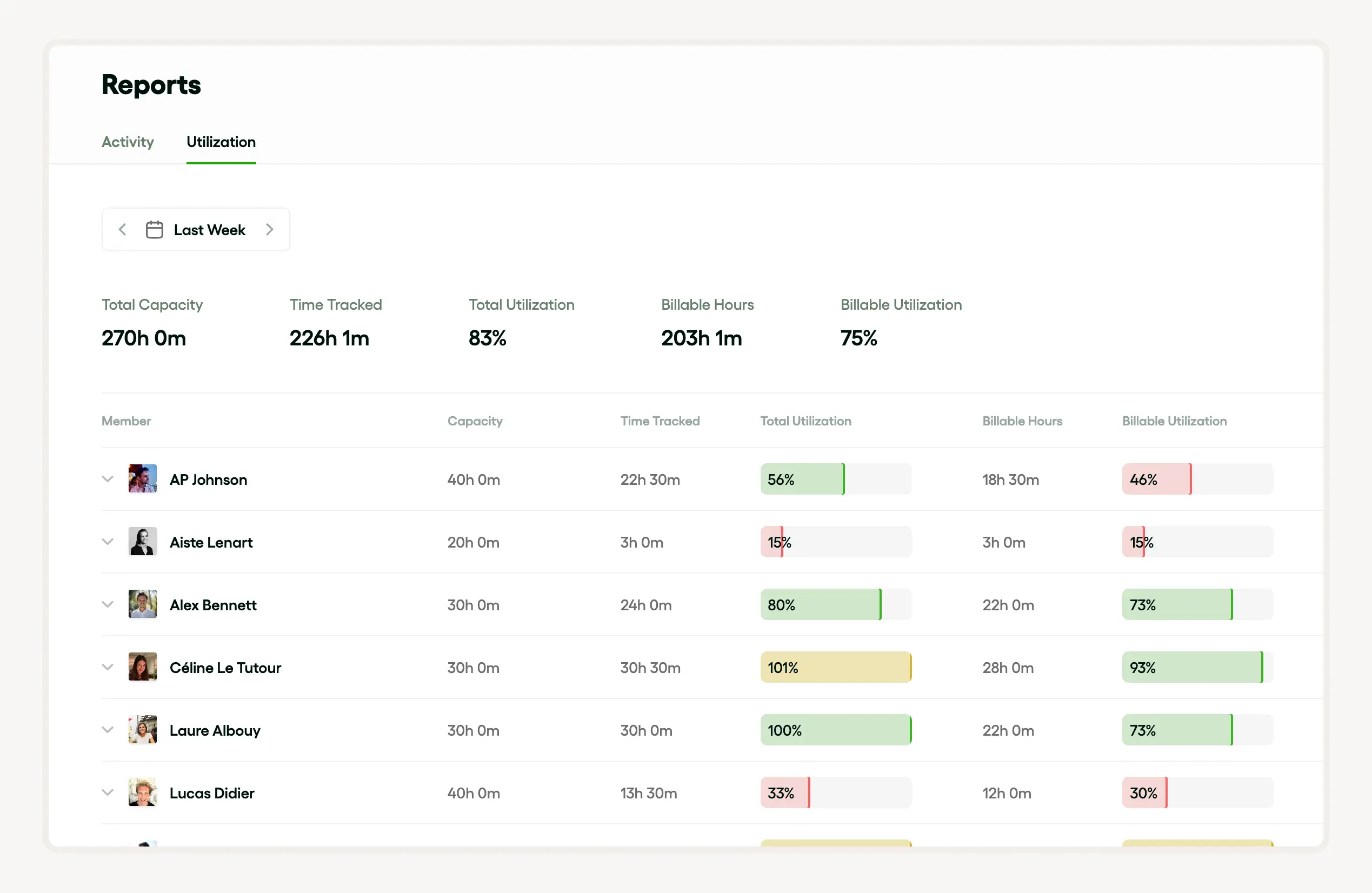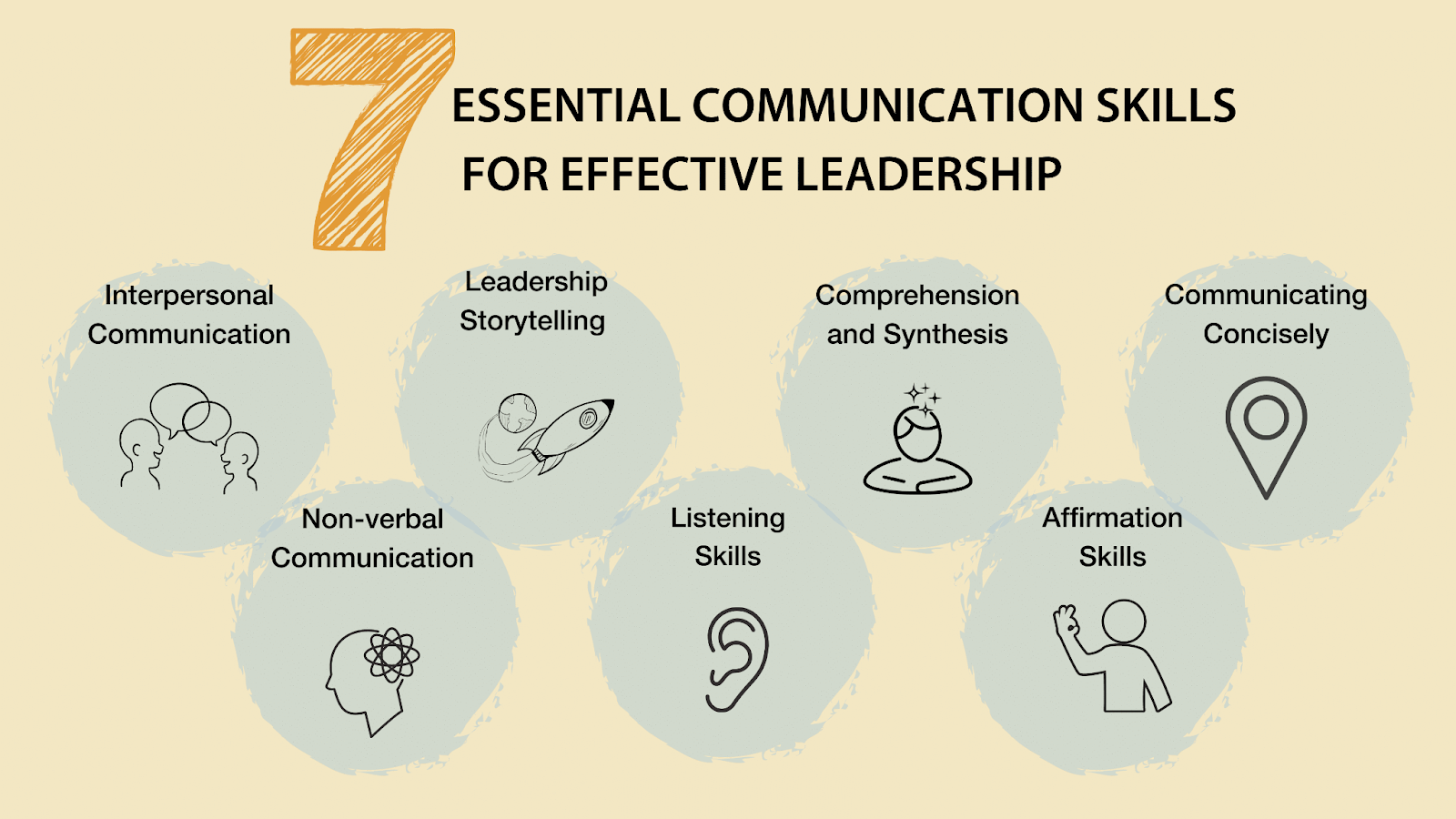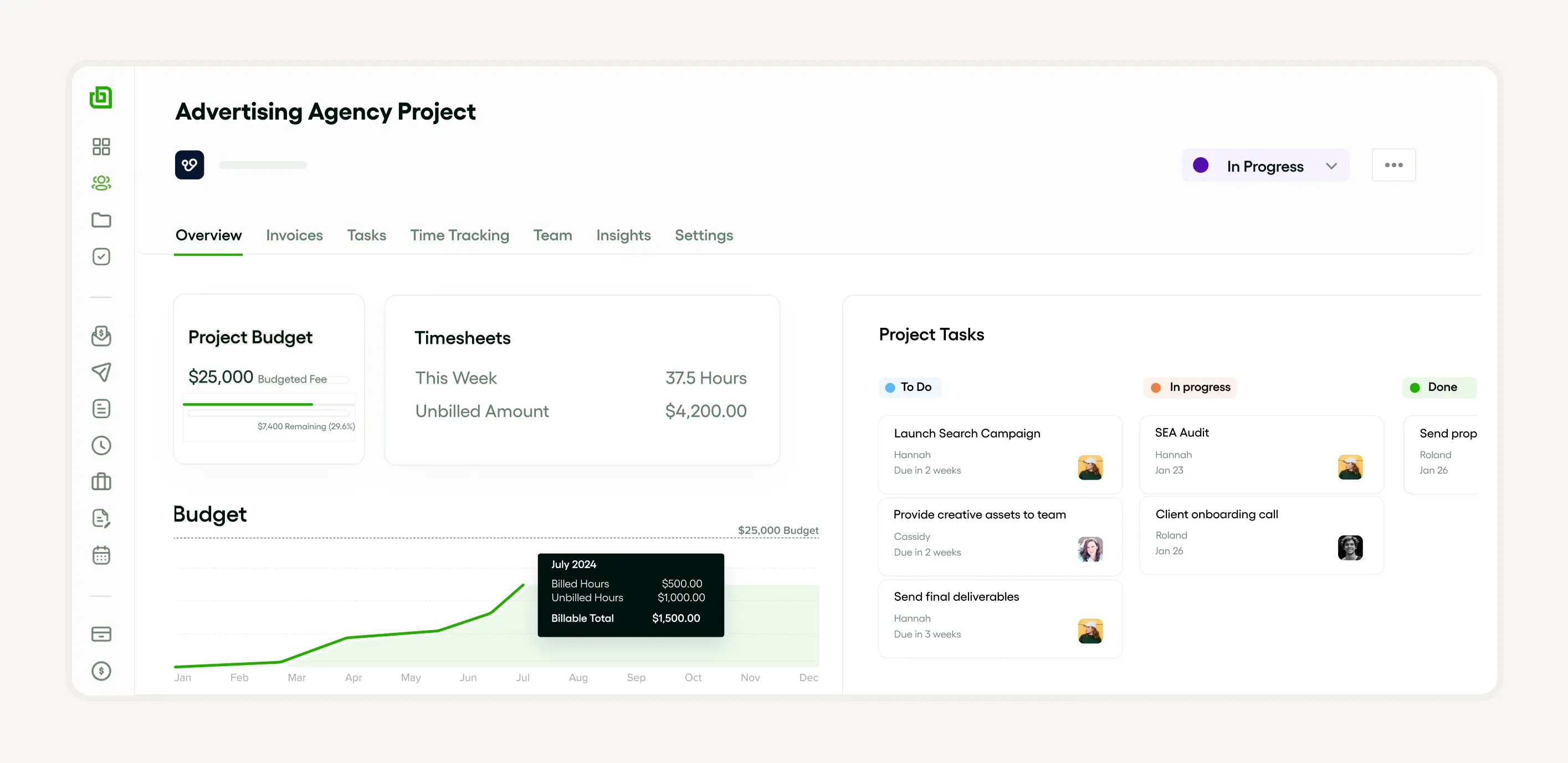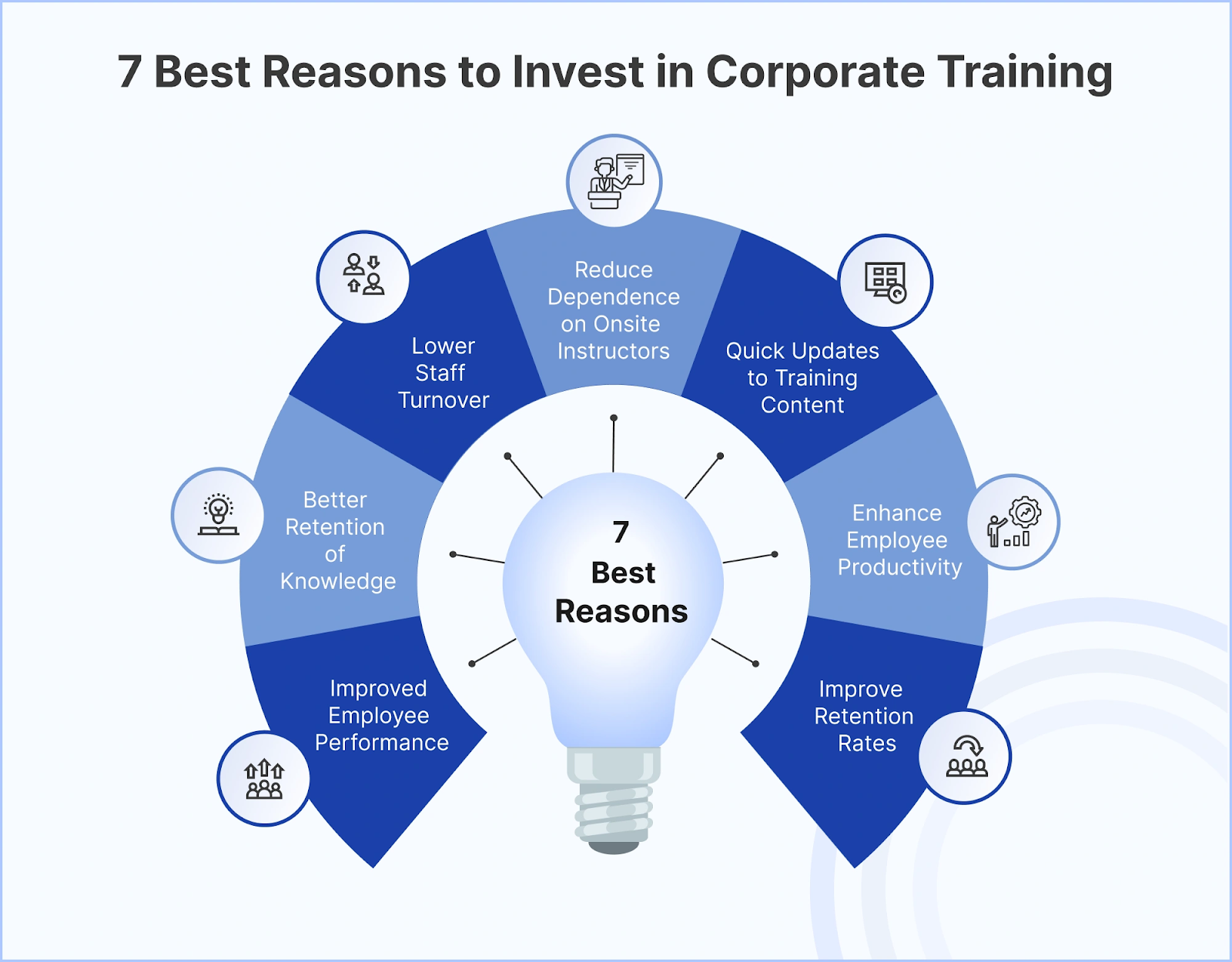Project management is a critical function. You lead the team, allocate resources, and manage timelines. Success depends on precise resource management and clear project planning. Your team needs to know their responsibilities, deadlines, and deliverables. Communication is what keeps everyone informed and aligned.
Collaboration is another cornerstone. Regular check-ins with the team helps track progress, identify potential problems early, and make necessary adjustments. If a project deviates from its path, bringing in external project management consulting can provide the expertise needed to course-correct effectively.
Understanding the role of a project manager
A project manager is responsible for overseeing all aspects of a project. This includes managing tasks, resources, and schedules to ensure that the project is completed on time and within budget. Task management involves delegating responsibilities and tracking progress.
A project manager also needs to make sure the right team members are assigned to their assigned tasks without creating overlap in the timelines. This involves coordinating with different departments and ensuring that the project has the necessary materials and manpower.
Lastly, the project manager needs to be an expert in scheduling tasks, carefully creating a plan outlining the project's milestones and deliverables. Effective project managers continuously monitor the project’s progress and make adjustments as needed to keep everything on track.
Key responsibilities of project managers
Project managers have several key responsibilities that are vital to the success of any project. These include resource planning, task management, transparency with stakeholders, and use of project collaboration tools.

Resource planning
Proper resource planning makes sure every necessary resource is not only available, but also used efficiently. This requires careful attention to timing, personnel, and budget, all without wasting a second or a dollar.
Task management
Task management involves assigning the right tasks to the right people and tracking their progress using tools, which provide a clear overview of project tasks and timelines.
Transparency with stakeholders
Keeping stakeholders informed about progress, risks, and changes is also necessary for transparency and trust, good news or bad news. This might involve weekly reports, dashboards, or meetings to update on project status. This builds trust and ensures that there are no surprises.
Project collaboration tools
Smooth communication is vital, and that’s where project collaboration tools come into play. They keep every team member on the same page, minimizing misunderstandings and maximizing efficiency.
At the end of the day, project managers are there to guide the project to a successful finish, meeting every goal and delivering real value to the organization.
Skills required for effective project management
Strong task management skills are a must, allowing project managers to keep track of various moving parts and ensure that all tasks are completed on time.
Resource management skills are also important if not more. A project manager must be adept at allocating resources—people, time, and budget—effectively.
That is similar to managing a budget in a business setting, where every dollar must be accounted for and spent wisely to achieve the best outcomes.
Ultimately, collaboration skills are indispensable and guide a project to successful completion.
Effective project managers work well with others, contributing to a team environment that can overcome challenges and achieve goals. They need to be capable leaders, driving the project forward and making strategic decisions that benefit the project and the organization.
Importance of leadership in managing project managers
Leadership in project management is vital. It’s more than just managing tasks and timelines; it’s about setting a vision and inspiring the team to achieve it.
Good leaders make smart decisions about resource allocation and task prioritization, ensuring the project progresses smoothly and efficiently. They act like a CEO managing a company's growth strategy—guiding the team, setting expectations, and making strategic decisions.
Leadership also significantly impacts project delivery. Effective leaders maintain clear communication channels, keep the team motivated, and ensure that everyone understands the project’s goals and objectives.
When challenges arise, strong leadership keeps the team focused and committed to overcoming obstacles, ensuring that the project meets its targets and delivers value.
Using Bonsai tool for project management success
Using Bonsai for project management success means taking advantage of its wide range of tools to improve workflows, boost collaboration, and ensure projects are completed on time.
Here’s how Bonsai can help you manage your project managers more efficiently.
Task management
Bonsai enables you to create and assign tasks, prioritize them, and set deadlines. This clarity ensures that every team member understands their roles and timelines. The Kanban view and Gantt chart features offer visual insights into project progress, making it easier to monitor tasks and adjust schedules as necessary.

A key feature of Bonsai is its capability to automate repetitive tasks. You can establish recurring tasks and use task templates to streamline project setup. This automation cuts down on manual work and reduces the chance of errors, allowing your team to concentrate on more strategic initiatives.
Resource management
Bonsai aids in effective resource management by monitoring team capacity and workload. You can plan the hours dedicated to tasks and compare estimates with the actual time spent. This functionality is vital for ensuring resources are used efficiently and that projects remain within budget.

Clear communication is essential for project success, and Bonsai enhances this through its centralized platform. Team members can share files, leave comments, and receive notifications, keeping everyone on the same page. This minimizes misunderstandings and promotes a collaborative work atmosphere.
Reporting and analytics
To evaluate project success, Bonsai provides powerful reporting and analytics tools. You can create detailed reports on project progress, resource usage, and financial performance. These insights helps to make informed decisions and pinpoint areas for improvement.
Additionally, Bonsai incorporates financial management into its project management tools. You can track project expenses, generate invoices, and handle payments all within the same platform. This integration simplifies financial oversight and ensures everything is in one place.

Bonsai offers a flexible platform that can be customized to meet the unique requirements of your projects. Whether you're overseeing a small team or a large organization, Bonsai's tools can be adjusted to align with your project management methods and workflows. By leveraging Bonsai's extensive features, you can simplify your project management processes, improve team collaboration, and achieve successful project results.
Developing leadership skills
Want to sharpen your leadership skills? Start with the basics—task management and resource management. You need to be able to organize, direct, and inspire your team. Leadership is making sure your team can perform at their best, especially when the pressure is on.
Focus on project resource planning and scheduling. These are your tools for keeping everything on track. Strong leaders don’t just manage—they inspire. By developing these skills, you’ll be able to tackle project challenges head-on and deliver results that make everyone take notice.
Leading by example: Setting the right tone
Effective project management isn’t just about getting things done. It’s also about leading by example and setting the right tone from day one. When you show your team how to manage resources and tasks efficiently, they follow suit.
The way you handle project reporting, meet deadlines, and manage workflows sets the bar. When challenges arise, how you react sets the tone for everyone else. If you tackle them head-on with a can-do attitude, your team will do the same. That’s the power of leading by example.

Communication: The key to successful management
Communication is everything in project management. Without it, even the best-laid plans can fall apart. It’s what holds everything in place, from resource management to task management. Clear communication lines make sure everyone knows what’s happening, what’s expected, and what the next steps are.
Good communication facilitates collaboration, allowing team members to work together effectively towards common goals. It helps in resolving conflicts, addressing issues promptly, and making informed decisions.
Regular updates and feedback sessions can significantly enhance project outcomes, ensuring that the project aligns with its objectives and that all stakeholders are satisfied with the progress.
Establishing clear communication channels
Want to keep your project on track? Start by establishing clear communication channels. More than just sending emails and memos, it’s about creating a system where everyone knows where to find information, how to share updates, and when to raise questions. A well-defined communication structure is the backbone of any successful project.
To maintain this clarity, regular project reporting is essential. This can include status reports, project dashboards, and team meetings, providing a clear picture of where the project stands and what needs to be done.
What if the project runs into hurdles or needs a fresh perspective? This is where bringing in project management consulting can help.
External experts can offer valuable insights and strategies to navigate challenges, ensuring the project stays on course and aligns with its objectives. This approach not only addresses immediate concerns but also fortifies the project against future roadblocks.
Importance of regular feedback and updates
In the world of project management, regular feedback and updates are essential. They keep the project moving, ensuring that everyone is on the same page and that no one is left in the dark. Think of it as a constant loop, where information flows freely, helping you spot and address challenges before they become problems.
This constant communication helps keep tasks on track, aligns resources, and fosters collaboration. And when it comes to reporting? Regular updates mean you’re always in the know, able to make informed decisions that lead to better project results.
Implementing effective project management strategies
Effective project management requires careful planning and execution. Start by establishing clear workflows that guide the team through each phase of the project. Using tools like Gantt charts or project management software can help visualize the project’s timeline and tasks, making it easier to manage.

Project scheduling is another critical strategy. It involves setting realistic deadlines and milestones, ensuring that the project progresses as planned.
Regular project reporting allows managers to track progress, make adjustments, and ensure that the project stays on target. Implementing these strategies helps streamline the project process, reducing risks and improving the chances of successful delivery.
Setting clear goals and expectations
Clear goals align your team with the project’s objectives, ensuring everyone is on the same page. It’s about making sure each team member understands their role and how it fits into the bigger picture.
Think about deadlines, detailed workflows, and potential challenges as part of this road map. When everyone knows what’s expected, you avoid situations where people ask if you’ve hit your targets or if you need to change direction.
Plus, bringing in project management consulting can offer a fresh set of eyes to ensure your goals are realistic and attainable.
Clear expectations foster collaboration, streamline reporting, and create an environment where everyone is moving in the same direction.

Encouraging collaboration and teamwork
Encouraging collaboration and teamwork in project management is about making sure everyone’s on the same page.
When team members work together, they can come up with innovative solutions to challenges that might otherwise seem insurmountable. Quality team relationships don't just happen on its own—it’s cultivated through intentional resource planning and scheduling.
Using tools for resource management and project scheduling can help keep the harmony. These tools ensure everyone’s on the same page, meeting deadlines, and contributing to a seamless workflow.
A collaborative environment isn’t just nice to have; it’s essential for hitting your project goals. And when it comes to project execution and reporting, a team that works well together can make all the difference in the final outcome.
Utilizing project management tools
Project management tools are essential for managing complex projects. They help organize tasks, manage resources, and track progress, making the project manager’s job more manageable.
Tools like Bonsai provide platforms for task management, scheduling, and collaboration, ensuring that the project runs smoothly.
These tools also facilitate communication and reporting, keeping everyone informed and engaged.
By using the right tools, project managers can improve efficiency, reduce risks, and ensure successful project outcomes. Consulting with a project management expert can provide insights into which tools are best suited for specific projects and how to use them effectively.
Benefits of using tool like Bonsai
Using project management tools are not just about checking off tasks; they help you see the entire project landscape.
From task management to resource allocation and time tracking, these tools keep everything in one place.
Bonsai offers significant benefits in project management. It provides a clear overview of the project, making it easier to manage tasks, resources, and deadlines. The tool allows for real-time updates, which helps in keeping everyone informed and ensuring that the project stays on track.

They’re particularly useful for hitting those all-important deadlines and managing workflows with ease. Plus, when challenges arise—and they will—these tools help foster collaboration and keep everyone informed with real-time reporting.
What happens after? Better project outcomes without the need to constantly rely on outside consultants.
How to choose the right project management tool
Start by considering your project’s workflows, the complexity of your tasks, and how your team collaborates. The right tool should make planning and execution easier, not more complicated.
Look for features that simplify resource management, make project planning a breeze, and enhance team collaboration.
You’ll also want something that helps with tracking deadlines and makes reporting a snap. The goal is to find a tool that addresses your specific challenges and supports efficient project delivery. If you’re unsure, consulting with a project management professional can provide clarity and help you make the best choice.
Training and development for project managers
Project managers need constant training to stay at the top of their industry. Continuous development is crucial for tackling project challenges and driving results. This training hones essential skills like resource management and task organization, ensuring that the right people are on the right tasks at the right times.
A big part of this is mastering project scheduling and meeting tight deadlines. It’s about creating and implementing workflows to keep things moving smoothly.
Effective training also boosts team collaboration and ensures that project reporting is accurate and insightful. The more skilled your project managers, the better they can adapt to new challenges and incorporate cutting-edge consulting methods.
Importance of continuous learning
Continuous learning is essential in project management. It helps project managers stay updated with the latest tools, techniques, and industry best practices. This knowledge is crucial for managing projects effectively and ensuring that they are delivered on time and within budget.
Continuous learning also helps project managers adapt to changes and overcome challenges. By staying informed and educated, they can make better decisions, improve project performance, and drive better outcomes. Investing in professional development programs can help project managers acquire new skills and stay competitive in their field.
Investing in professional development programs
Professional development programs equip project managers with the skills and knowledge they need to excel. These programs cover various aspects of project management, including resource planning, task management, and communication. By investing in these programs, organizations can ensure that their project managers are well-prepared to handle any challenges that arise.
These programs also promote collaboration and improve overall project performance. By providing project managers with the tools they need to succeed, organizations can enhance their project management capabilities and achieve better results.

Dealing with challenges in managing project managers
Managing project managers comes with its own set of challenges. Balancing multiple projects, meeting deadlines, and ensuring effective communication can be difficult. Task management requires careful planning and delegation to ensure that responsibilities are clearly defined and that tasks are completed on time.
Resource planning is another challenge. It involves making sure that the right people are working on the right tasks and that resources are used efficiently. Effective communication is critical to avoid misunderstandings and keep the project on track. In complex situations, bringing in project management consulting can provide valuable support and guidance.
Handling conflict and miscommunication
Conflicts and miscommunication can derail projects if not addressed promptly. It's essential to have clear communication channels and regular updates to ensure that everyone is on the same page. When conflicts arise, it's important to address them quickly and find solutions that benefit the project.
Effective project reporting and feedback help in identifying and resolving issues before they escalate. By maintaining open lines of communication and fostering a collaborative environment, project managers can handle conflicts effectively and keep the project moving forward.
Managing workload and stress levels
Project management can be demanding, and managing workload and stress levels is crucial for success. Effective task management, resource allocation, and scheduling can help reduce stress and ensure that the project runs smoothly. By planning and prioritizing tasks, project managers can avoid last-minute rushes and reduce the risk of burnout.
Regular breaks, realistic deadlines, and support from the team can also help manage stress. Creating a positive work environment and encouraging open communication can improve team morale and enhance productivity.
Measuring the success of project management
How do you know if your project management efforts are paying off? It’s all in the results. Success is measured by how smoothly the project execution goes, how well you stick to deadlines, and whether the final delivery meets expectations.
A successful project doesn’t just happen—it’s the result of careful task management, resource management, and scheduling that keep everything moving in the right direction.
Effective collaboration among teams, quick resolution of challenges, and clear reporting are all signs that you’re on the right path. And sometimes, bringing in project management consulting can be the extra push needed to ensure success, especially when things get complicated.
Key performance indicators for project managers
Key Performance Indicators (KPIs) are your scorecard in project management. They help you track how well things are going, focusing on critical aspects like project delivery, meeting deadlines, and maintaining smooth workflows. These indicators are vital for assessing the efficiency of your project execution and overall management.
Resource planning and management are also crucial KPIs. They ensure that you’re using your resources wisely, which directly impacts efficiency.
KPIs also look at how well your team collaborates, handles challenges, and delivers results. If you’re facing difficulties, turning to project management consulting can help you tweak these areas and improve your performance.
Regular review and evaluation of performance
Regular performance reviews are crucial in project management. They provide insights into how well the project is progressing and identify areas that need improvement. Reviewing performance helps ensure that tasks are completed on time, resources are used efficiently, and the project stays within budget.
Regular evaluations also help in identifying challenges and making necessary adjustments to improve project outcomes. By continuously monitoring and assessing performance, project managers can ensure that the project meets its goals and delivers value.







